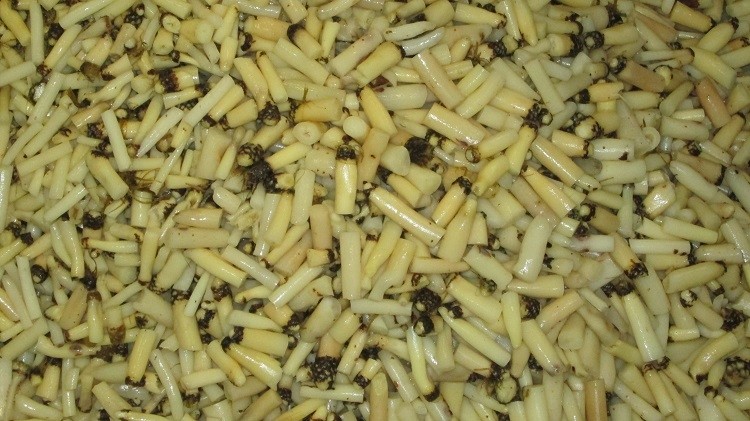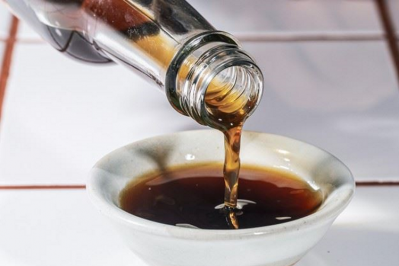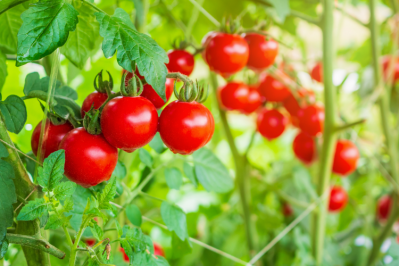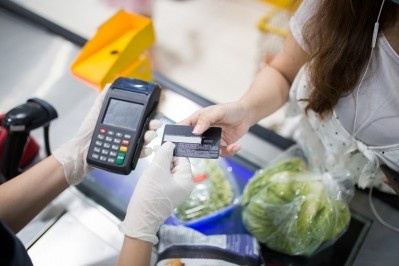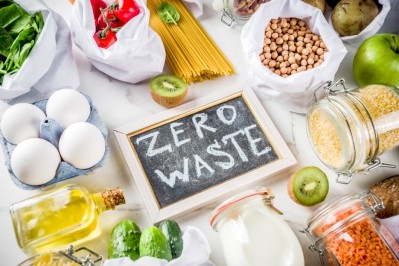Upcycling vegetable by-products into fibre-rich ingredients for ‘juicier’ burgers: ‘We can make processed food healthier and more sustainable’
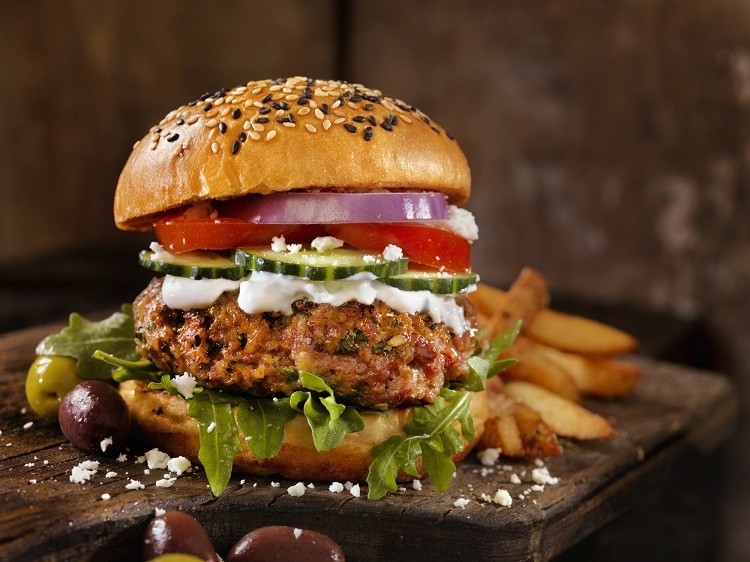
An estimated 1.4bn tonnes of food intended for human consumption is wasted per year, including a great quantity of fresh produce destined for the supermarket.
The global volume of vegetable food waste, not including agricultural waste, is estimated at 400m tons per year. Up to 40% of crop vegetables can be disregarded within the supply chain because they do not meet the aesthetic requirements of supermarkets.
At the same time, public health agencies across the bloc are pushing for consumers to increase their daily intake of vegetables.
“Tonnes of vegetables never get through the eye of the needle in the shops because they have the wrong shape or colour. However, they are just as nutritious, tasty and healthy as the ‘perfect vegetables’,” said Nofima food researcher Trond Løvdal, who is leading an EU-funded research project to improve use of raw materials and food quality.
“They are just as nutritious, tasty and healthy as the ‘perfect vegetables’,” he continued. Throwing away these vegetables is a waste of good healthy food.”
Together with researchers across Europe, the InProve project is working to address this issue by developing food ingredients made from vegetable waste.
Fibre-rich ingredient made from root veggies
Not all ‘imperfect’ crops are thrown away. Some are used for biofuels and animal feed. And a growing number of start-ups, such as UK-based Oddbox, are ‘rescuing’ wonky fruit and veg for delivery to consumers in London and its surrounds.
To address what is not up- or down-cycled, the InProve research team processed vegetable by-products at the Belgian ILVO research institute.
Root pieces and other vegetable by-products were transformed into a fibre-rich ingredient the researchers believed could be used as a functional ingredient in plant-based formulations.
In a vegan burger, for example, the researchers combined their ingredient with soy-based proteins. This mixture was then blended with protein isolates and concentrates, before being extruded into meat replacers via high moisture extrusion cooking (HMEC) techniques.
According to the InProve team, the results were ‘amazing’. “The way in which the fibrous ingredients were produced made the burgers juicier and created a higher content of dietary fibre, which we know that many Europeans do not get enough of,” said Løvdal.
Making processed food healthier
Aside from the obvious sustainability angle, the research project also responds to public health concerns across the bloc.
The handful of fruit and vegetable producers involved in the project see an opportunity for greater intake of nutritious foods. “By focusing on the use of vegetable side streams in food, we try to create healthier versions, we try to create healthier versions of our favourite recipes, without sacrifice or compromise,” said Bernd Lambrechts, R&D Director at fruit and vegetable producer Greenyard Prepared.
“We see it as an easy way to add vegetables to your plate.”
Other food players involved in the project include Norwegian processed food manufacturer Fjordland and potato producer Hoff.
The innovation also addresses demand for processed foods. According to the research group, the ‘big increase’ in the processed food market ‘speaks for itself’: “It is important for consumers to have access to food that is easy to prepare, preferably in a short time and with little effort”.
InProve is leveraging a ‘simple’ biorefinery process to achieve a ‘fibrous powder’ from the vegetable by-products, which the researchers say makes for ‘great functionality’.
“It has excellent water holding capacity, making it swell during processing in a way that makes vegan burgers juicier, while simultaneously increasing their fibre content,” said ILVO senior researcher Bart Van Droogenbroeck.
ILVO researchers also tested by-products from carrots, black salsify, peas and mushrooms, and believe these could be suitable as meat substitutes or to increase the content of plant-based proteins in minced meat products.
While ‘many people’ are wary about consuming too much processed food, InProve believes there is a way to incorporate processing into diets that is good for people and good for the planet.
“We are keen to employ new technologies that can make processed food both healthier and more sustainable.”
